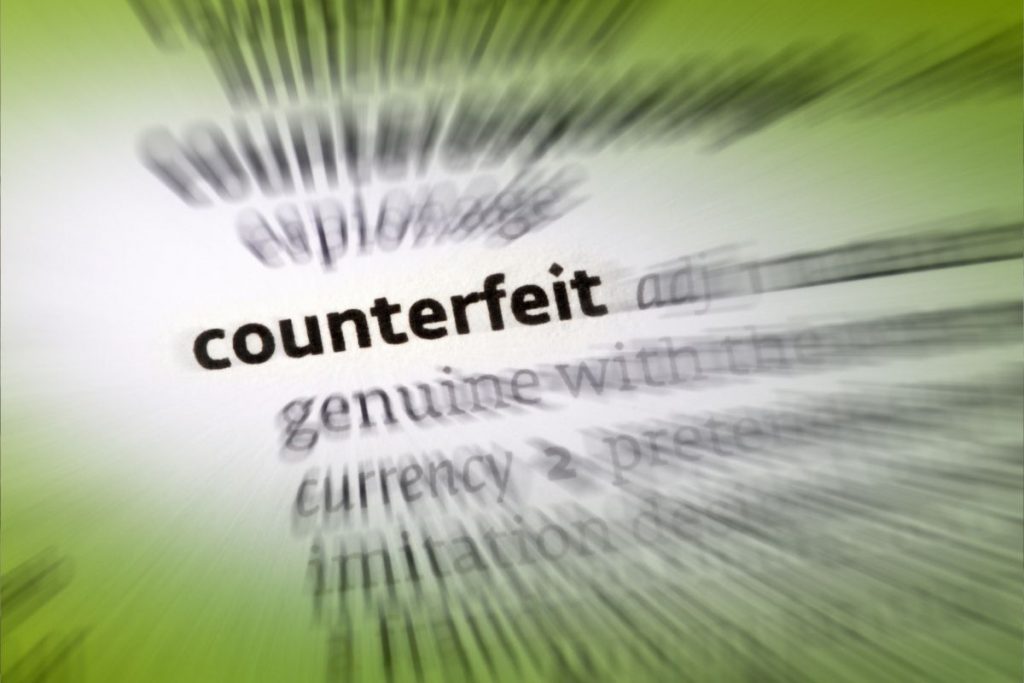
Landlords take on risks when renting their property. Late payments and the eviction process are difficult and expensive, which is why landlords want to minimize the risk of having a tenant who cannot pay the rent. Landlords take certain precautions to ensure their apartment units for rent receive suitable occupants, such as screening credit, criminal and rental history, and checking real pay stubs to ensure that a prospective tenant can pay the rent monthly.
Pay stubs are a way to ensure that individuals are reliable enough. However, despite being the most common verification source, people can now create fake pay stubs online; therefore, landlords need to understand different ways of verifying fake pay stubs from real ones.
What is a Pay Stub? Why are They Important to Employees?
A pay stub, also known as a pay statement, is a record of information about the amount the worker earned and the amount removed from it for taxes, insurance costs, etc. They help employees cipher their paychecks and are useful when solving wage and hour disputes.
Pay stubs are usually provided by employers when giving out salary. However, many companies opt to give out paystubs through online websites rather than the traditional option, i.e., hardcopy, because the new method is less time-consuming and more accurate, and employees receive them on time.
Why do Landlords Require Tenants’ Pay Stubs?
Pay stubs are the most popular way for renters to provide proof of income to potential landlords. Typically, landlords want tenants whose rent will not exceed thirty percent of their monthly income and a sure-fire way that tenants can afford to rent and cover their expenses, which is the very reason why they always ask you for proof of income in advance. Not only do pay stubs prove that you are currently employed, but they also show how much money you’re making, minus taxes.
How to Recognize Fake Pay Stubs?
1) Rounded Numbers
It’s very unlikely someone’s pay would be in round-perfect numbers, particularly after taxes have been deducted. If the pay stub shows an amount such as $5000, you should suspect something.
2) Missing Information
Ensure that no information is missing. Pay Stubs should include gross pay, deductions, net pay, a pay stub, and the applicant’s and company’s name and address. It could be forged if it fails to provide any of this information.
3) Contact Their References
Although employers cannot give you people’s salary information unless the employee permits, you can use this method to verify that they do work for said employer.
4) Inconsistencies
Some inconsistencies to review in pay stubs include:
Variations in income or deductions: The amount of income or deductions on the pay stub shouldn’t vary from one pay period to the next.
Changes in employer information: If the pay stub shows a different employer name, spelling, or address from one pay period to the next, then it could be forged.
Steps to Take If You’ve Received a Fake Pay Stub
As a landlord, the best way to deal with potential tenants is to be respectable, civil and avoid accusations against tenants of fraud. Instead, try following the strategy below:
Tell the potential renter that you are having difficulty verifying their proof of income with the submitted documents. You don’t need to go into details on why the pay stubs aren’t enough. Request two months of bank statements and the last two years of tax returns and set a date for when these documents are due, and stick to it.
While these steps may be an extra hassle for honest renters, they will likely comply with your request if they are serious about renting your place. If they’re dishonest, however, many won’t take the extra steps to forge more documents and move on to the next susceptible landlord. However, if they do go the extra mile, then it doesn’t mean you need to make them your tenants. If the documents don’t seem legitimate,
then you may inform them that you haven’t decided yet, and wait for someone whose paperwork you trust.
Conclusion
Landlords are required to always request at least one document as proof of income. By verifying the legitimacy of the document (s), it ensures landlords that the potential tenants have enough disposable income to live comfortably and pay rent. By identifying abnormalities in pay stubs and contacting references, landlords can protect their business, avoid scams, and ensure that they make informed decisions about renting to tenants.
